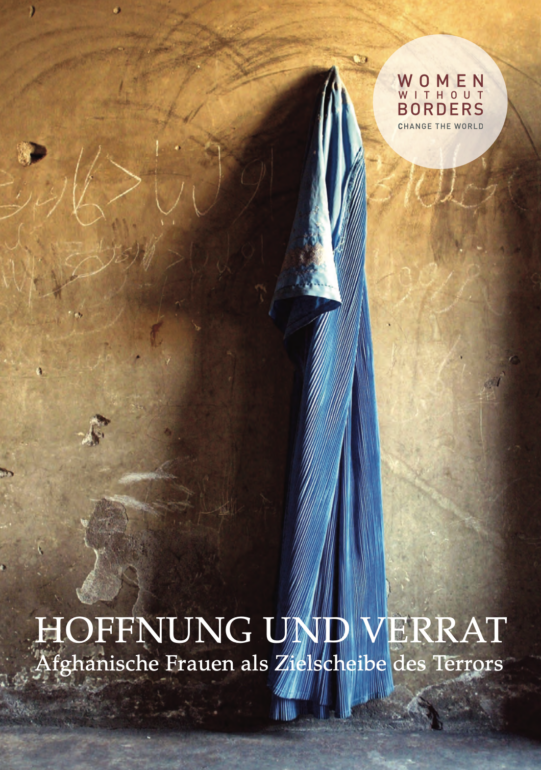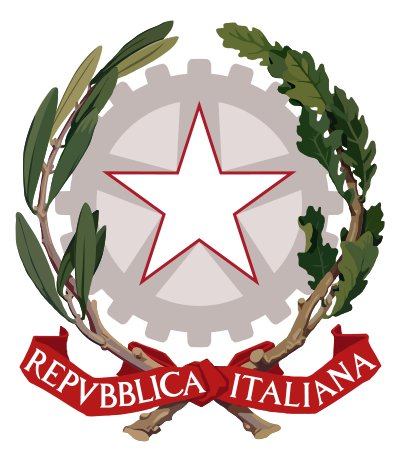The Schools Against Violent Extremism project, embedded in the Indian chapter of Women without Borders’ (WwB) broader PVE strategy, is a good practice sensitising the youth to the destructive forces that extremist ideologies can unleash while encouraging them to speak out against a burgeoning culture of fear and distrust in the wake of terrorist attacks.
The 26/11 attacks in Mumbai traumatised the city’s population, deepened fears, and created a heightened sense of insecurity across the region. Adamant on counteracting tendencies towards polarisation among the youth on the one hand, and in recognising the pivotal role that schools could play in combating violent extremist ideologies on the other hand, Women without Borders (WwB) sought to respond with a new Sisters Against Violent Extremism (SAVE) network-led youth initiative to harness the potential of students and teachers and strengthen resilience in their communities.
In 2009, WwB launched its Schools Against Violent Extremism project in India. This pilot model envisions creating a network of students and teachers committed to addressing the divisive topic of extremism by fostering inclusive dialogue that favours efforts promoting reconciliation over retribution and hate within communities. A number of schools—including Study Hall, Delhi Public School R. K. Puram (DPS), and St Xavier’s Convent—committed themselves to organising workshops and training programmes for their students and teachers. The pupils of DPS, a leading secondary school in New Delhi boasting a student body of around 10,000 (and some 200,000 across its branches in India and abroad), were the first SAVE network activists to play a part in reclaiming the space that had been occupied by sensationalised and perpetrator-centric media coverage since the attacks.
The students of South Delhi expressed a high degree of enthusiasm for reconciliatory efforts in almost all areas of their lives. Beyond composing and performing the song ‘No more, stop it now’ (which has been featured in WwB’s short film on this project), the participants convened workshops, developed a school curriculum, and organised afterschool programmes. The school’s principal also convened a SAVE network workshop with twenty-five student leaders. This dedicated group of pupils subsequently honed their leadership skills by engaging in public speaking, community outreach, signature campaigns, and other community-based activities. A film crew documented and produced a film (the abovementioned) based on one of the teacher-student workshops. Owing to the success of the project, the Indian authorities decided to show the resulting production in over one hundred schools across Lucknow, New Delhi, and Mumbai.







